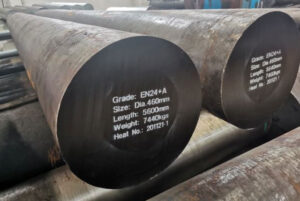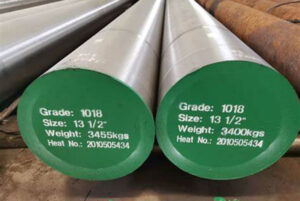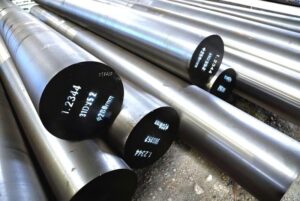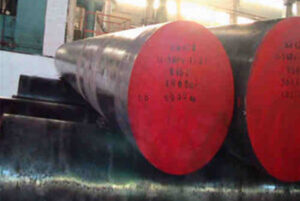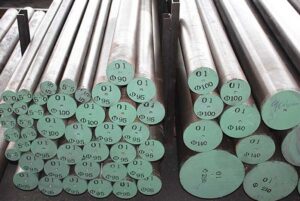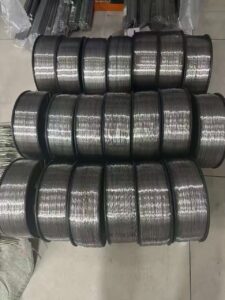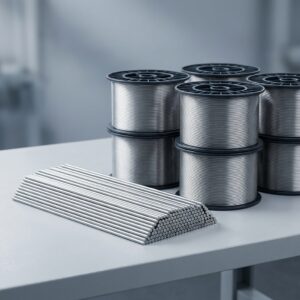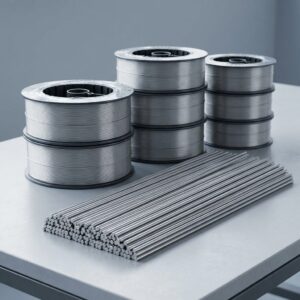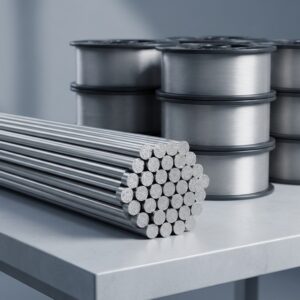When it comes to high-performance alloys, Inconel 600 stands out as a powerhouse in the realm of Nickel-Chromium alloys. This material has a fascinating combination of properties that make it suitable for extreme environments. From its superb corrosion resistance to its impressive mechanical strength, Inconel 600 is a go-to material for various industrial applications. But what makes it so special? Let’s dive deep into this remarkable alloy to uncover its secrets.
Overview of Inconel 600 Nickel-Chromium Alloy Steel
Inconel 600, a nickel-chromium alloy, is renowned for its exceptional resistance to oxidation and corrosion. It was developed to withstand high temperatures and severe mechanical stress while maintaining its integrity. This makes it a popular choice in industries like aerospace, chemical processing, and power generation.
In addition to its primary components—nickel and chromium—Inconel 600 includes iron and other elements that enhance its properties. This alloy is versatile, easily fabricated, and can be hardened through cold working. So, whether you’re dealing with high-temperature furnaces or aggressive chemical environments, Inconel 600 is likely up to the task.
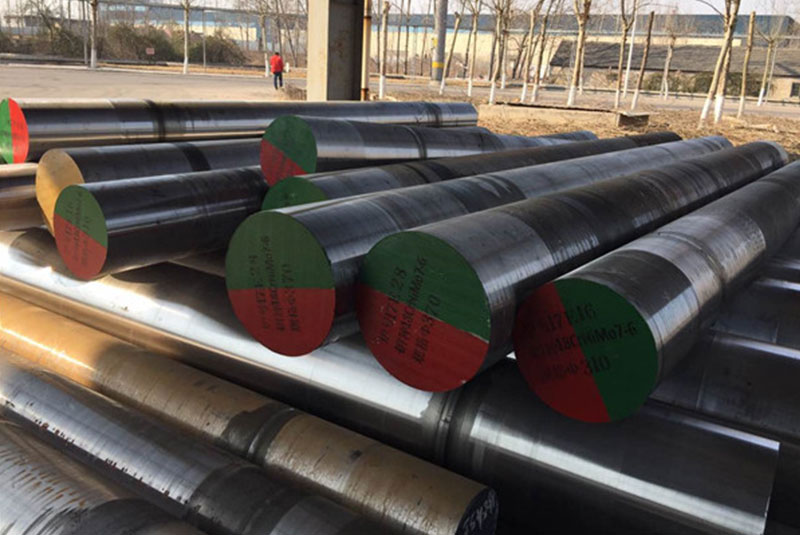
Chemical Composition of Inconel 600 Nickel-Chromium Alloy Steel
The chemical composition of Inconel 600 is critical to its performance. Let’s take a look at its key elements.
| Element | Percentage (%) |
|---|---|
| Nickel (Ni) | 72.0 (min) |
| Chromium (Cr) | 14.0-17.0 |
| Iron (Fe) | 6.0-10.0 |
| Manganese (Mn) | 1.0 (max) |
| Silicon (Si) | 0.5 (max) |
| Copper (Cu) | 0.5 (max) |
| Carbon (C) | 0.15 (max) |
| Sulfur (S) | 0.015 (max) |
This unique composition is what endows Inconel 600 with its robust properties, particularly its high resistance to a wide range of corrosive environments and its ability to maintain strength at high temperatures.
Mechanical Properties of Inconel 600 Nickel-Chromium Alloy Steel
The mechanical properties of Inconel 600 are nothing short of impressive. These properties make it suitable for demanding applications where other materials would fail.
| Property | Value |
|---|---|
| Tensile Strength | 550 MPa (80 ksi) |
| Yield Strength | 240 MPa (35 ksi) |
| Elongation at Break | 30% |
| Hardness (Rockwell B) | 80 |
| Modulus of Elasticity | 206 GPa (30 x 10³ ksi) |
These properties indicate that Inconel 600 not only withstands high mechanical stress but also maintains ductility and toughness across a range of temperatures.
Heat Treatment of Inconel 600 Nickel-Chromium Alloy Steel
Heat treatment processes can significantly influence the properties of Inconel 600. Here’s a detailed look at how heat treatment impacts this alloy.
| Process | Temperature Range (°C) | Duration | Effect |
|---|---|---|---|
| Annealing | 870-980 | 1 hour, air cool | Relieves internal stresses, improves ductility |
| Stress Relieving | 600-800 | 1-2 hours, air cool | Reduces residual stresses |
| Solution Annealing | 1010-1150 | 1-2 hours, water quench | Maximizes corrosion resistance, homogenizes structure |
Understanding these processes helps in optimizing the alloy’s performance for specific applications.
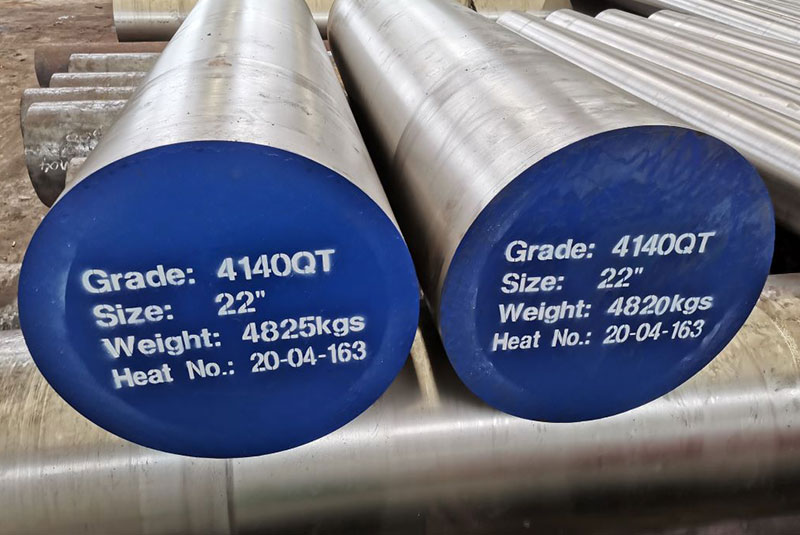
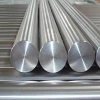
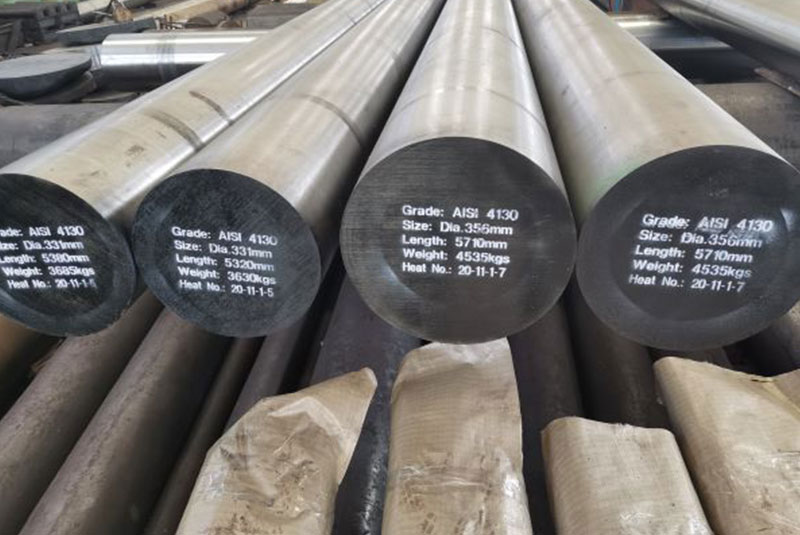
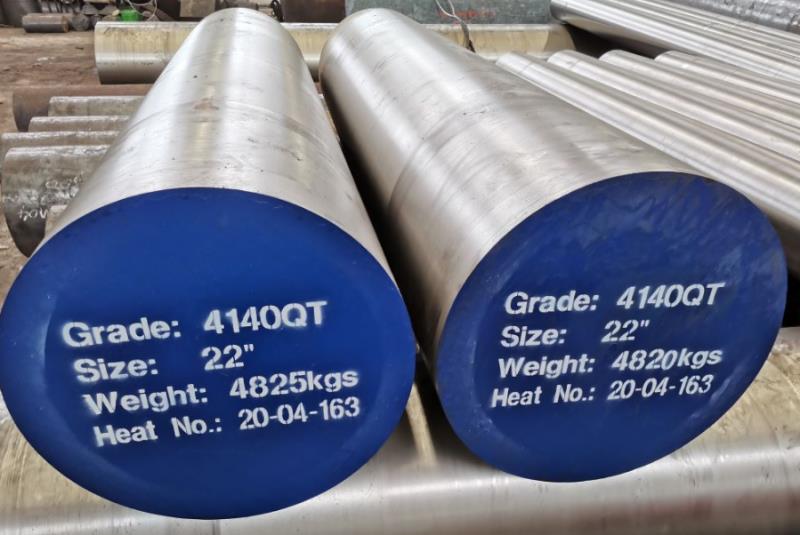
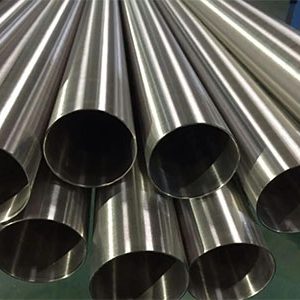
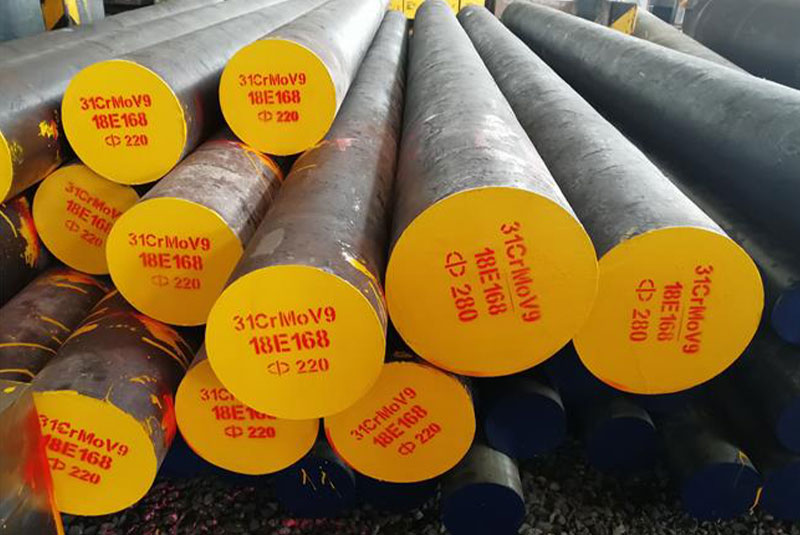
Applications of Inconel 600 Nickel-Chromium Alloy Steel
Inconel 600 is used across various industries due to its outstanding properties. Here’s a snapshot of its primary applications.
| Industry | Application |
|---|---|
| Aerospace | Jet engines, afterburner parts, turbine blades |
| Chemical Processing | Heat exchangers, evaporator tubes, processing equipment |
| Power Generation | Nuclear reactors, boiler components, gas turbine components |
| Marine | Shipbuilding, offshore oil drilling equipment |
| Electronics | Heater elements, resistors, vacuum tube supports |
Each application leverages the unique properties of Inconel 600 to solve specific challenges, from withstanding high temperatures to resisting corrosion in aggressive environments.
Suppliers and Pricing Details for Inconel 600 Nickel-Chromium Alloy Steel
When sourcing Inconel 600, it’s important to consider reputable suppliers and current market pricing.
| Supplier | Location | Price (per kg) | Additional Notes |
|---|---|---|---|
| Special Metals Corporation | USA | $30-40 | Wide range of products, technical support available |
| VDM Metals | Germany | $35-45 | High-quality standards, global distribution |
| Haynes International | USA | $32-42 | Extensive experience, custom orders |
| Rolled Alloys | USA | $28-38 | Competitive pricing, fast delivery |
Prices can fluctuate based on market demand and raw material costs, so it’s always a good idea to check for the most current rates.
Advantages and Disadvantages of Inconel 600 Nickel-Chromium Alloy Steel
No material is perfect, and Inconel 600 is no exception. Here’s a balanced look at its pros and cons.
| Advantages | Disadvantages |
|---|---|
| Excellent corrosion resistance | High cost compared to some other alloys |
| Retains strength at high temperatures | Difficult to machine and fabricate |
| Good mechanical properties | Heavy weight can be a limitation in some applications |
| Versatile across many industries | Limited availability in some regions |
| Long service life and reliability | Requires special welding techniques |
Understanding these factors can help in making an informed decision about using Inconel 600 for specific projects.
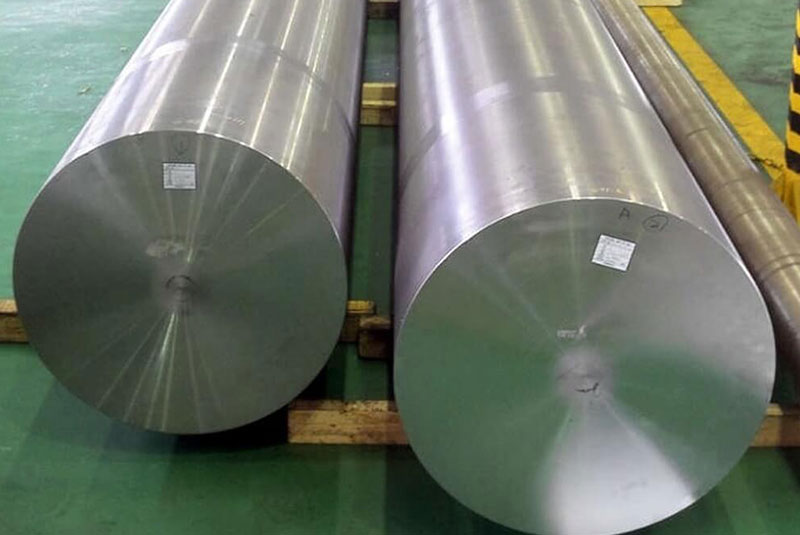
FAQ
Q: What is Inconel 600?
A: Inconel 600 is a nickel-chromium alloy known for its high resistance to corrosion and oxidation, and its ability to maintain mechanical properties at elevated temperatures.
Q: What are the main applications of Inconel 600?
A: It is widely used in aerospace, chemical processing, power generation, marine, and electronics industries due to its robust performance in harsh environments.
Q: How does the heat treatment process affect Inconel 600?
A: Heat treatment can enhance the alloy’s ductility, relieve internal stresses, and maximize corrosion resistance.
Q: Why is Inconel 600 expensive?
A: The high cost is due to the alloy’s superior properties and the expensive raw materials used in its production, like nickel and chromium.
Q: Can Inconel 600 be welded easily?
A: Welding Inconel 600 requires specific techniques and expertise to avoid issues like cracking, but it is feasible with the right processes.
Q: How does Inconel 600 compare to stainless steel?
A: Inconel 600 offers better high-temperature resistance and corrosion resistance compared to most stainless steels, but it is also more expensive and harder to machine.
Q: Is Inconel 600 suitable for cryogenic temperatures?
A: Yes, Inconel 600 maintains good mechanical properties even at cryogenic temperatures, making it versatile for various applications.
Q: What are the typical suppliers of Inconel 600?
A: Reputable suppliers include Special Metals Corporation, VDM Metals, Haynes International, and Rolled Alloys, among others.
In conclusion, Inconel 600 Nickel-Chromium Alloy Steel is a remarkable material that offers a unique blend of properties ideal for challenging environments. Its high resistance to corrosion and oxidation, combined with excellent mechanical strength, make it a preferred choice across multiple industries. Despite its higher cost and fabrication challenges, the benefits it offers in terms of performance and longevity often outweigh these disadvantages. If you’re working on a project that demands reliability under extreme conditions, Inconel 600 could be the material you need.

